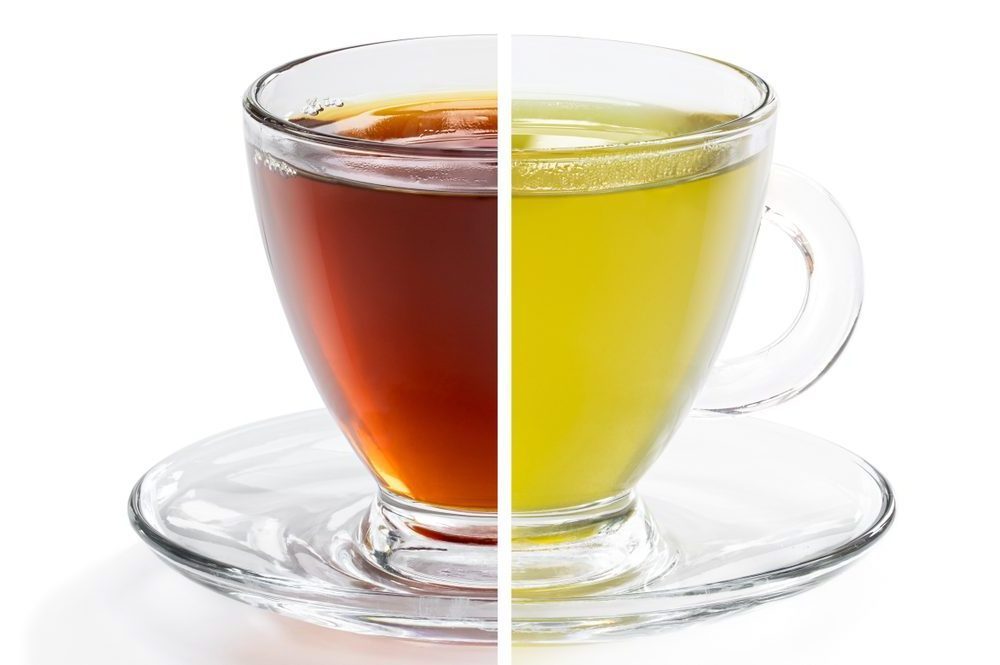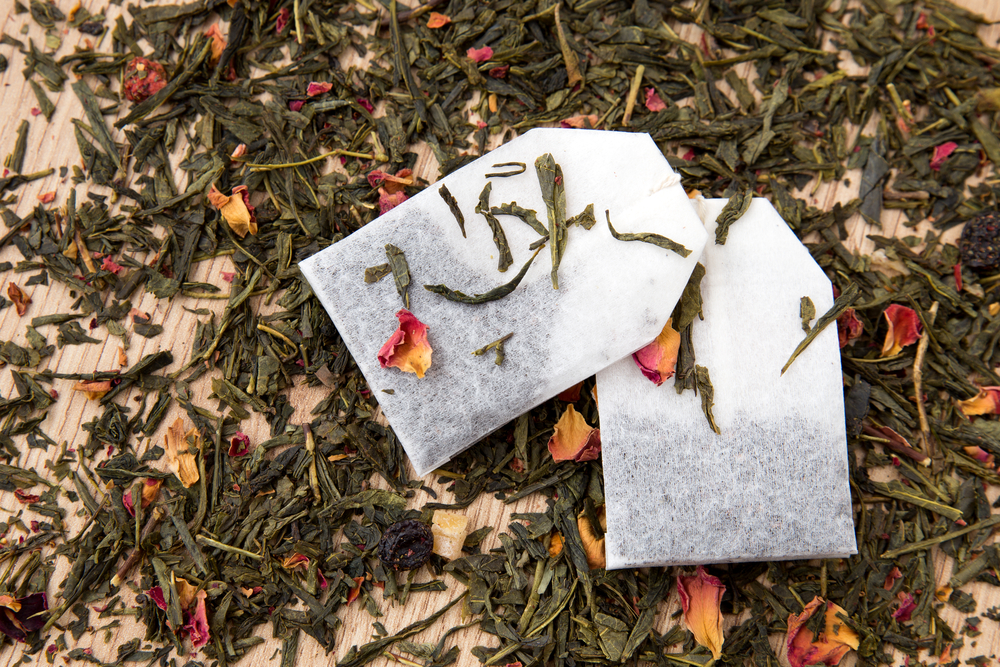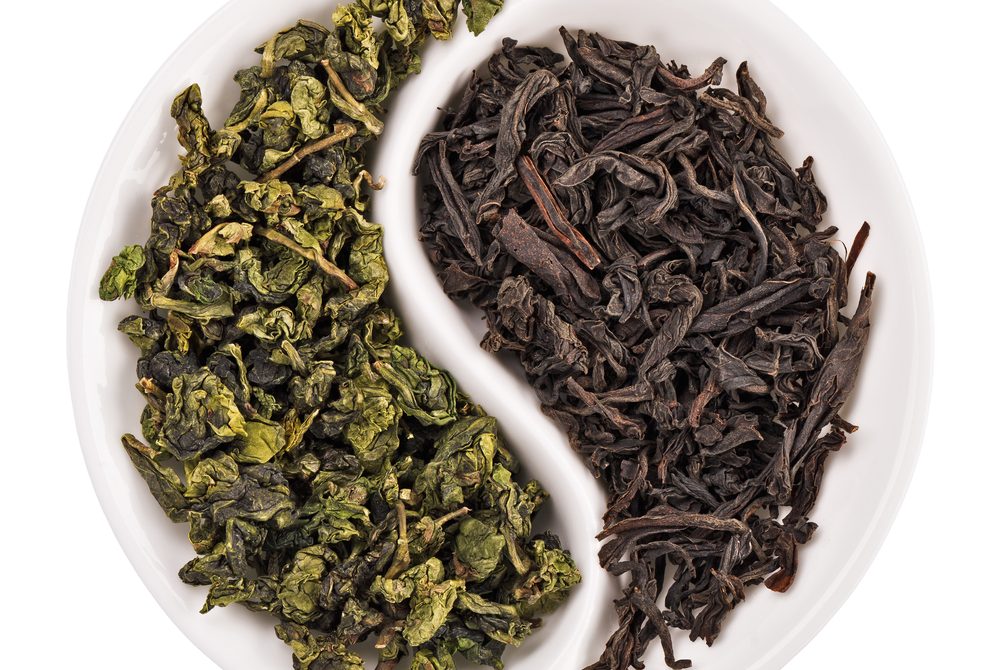One of the biggest struggles when brewing kombucha is choosing between green tea vs black tea. They differ in caffeine content, amount of fuel for the SCOBY, and taste. Ultimately, it comes down to your personal preferences as to which you use for your kombucha tea.
Table of Contents
Is Black or Green Tea Better for Kombucha?
There are many opposing opinions. Both teas make great kombucha.
Many believe that black tea booch is best, as black tea leaves are oxidized, giving them all the necessary nutrients for kombucha microorganisms. Black tea has a robust and bitter flavor.
Some common types of black tea that work well in kombucha include:
You should avoid Earl Grey tea, though, as it is flavored with bergamot which can ultimately hurt your culture.
However, many people prefer green tea kombucha because it is rich in antioxidants, boasts many health benefits, and contains less caffeine than black tea. It doesn’t create as favorable of an environment for your SCOBY but has all of the necessary nutrients to be fermented. Oddly enough, green tea kombucha usually ends up slightly less carbonated than black tea kombucha. It has a lighter and more herbaceous flavor.
Common types of green tea that brewers use in kombucha include:

What Is the Difference Between Green and Black Tea?
Though they both have several health benefits, there are several distinctions between green and black tea.
| Green Tea | Black Tea |
| Leaves are immediately heated after harvest to halt the oxidation process | Leaves are fully oxidized after they are harvested |
| Should be prepared with water at a lower temperature than boiling | Prepared with boiling water |
| Lighter, more delicate taste with hints of nutty flavors | More robust flavor with notes of spices |
| Contains around 35 mg of caffeine per 8 fl. oz | Contains between 39-109 mg of caffeine per 8 fl. oz |
| Commonly from China and Japan | From China, India, and parts of Nepal and Vietnam |
Can You Use Other Types of Teas to Ferment Kombucha?
Yes, you can use several tea varieties for the kombucha fermentation process. Some people use white tea, oolong tea, or Pu-erh. Many experts say that using pure tea from the leaves of the Camellia sinensis plant is the best choice, as it gives you a cleaner taste and more impact from the nutrients. You can even mix different types of tea (black and green, for example) for your kombucha fermentation.
However, you will want to avoid any flavored teas or scented teas, such as chai, during the first fermentation, as the chemical compounds can negatively affect the growth of the kombucha culture. You also want to avoid using herbal teas such as chamomile, hibiscus, or peppermint, as the herbs cannot provide the nutrients needed to feed your kombucha culture. Save any flavored or herbal teas for the second ferment.
Does the Quality of the Tea Matter?
The quality of the tea you use when making kombucha matters greatly. Because there are so few ingredients in fermented tea, you must use only the highest of qualities. The nutrients found in tea plants combined with sugar (AKA sweet tea) provide food for the kombucha colony so it can thrive. A few other points to consider include the following:
Tea Bags vs. Tea Leaves
Generally speaking, tea bags often contain poor-quality tea leaves or small, chopped-up pieces, which can lead to a bitter brew. Loose-leaf tea is made from whole leaves and boasts a better flavor and more health benefits.
Organic vs Conventionally Grown
Organic essentially means free of pesticides. If your tea leaves are covered in pesticides, not only will you be ingesting them, but these chemicals can also inhibit the fermentation process and eventually kill your SCOBY.
Caffeinated vs Decaf
The caffeine in the tea provides nitrogen that is used to stimulate fermentation in the bacteria and yeast. Though it is possible to brew kombucha with decaffeinated tea (such as rooibos), it is usually better to use tea with caffeine to ensure the success of your fermentation process—especially if you are brewing for the first time.

What Type of Tea Is Best for Fermenting Kombucha?
Pure, organic, caffeinated, loose-leaf tea is the best for fermenting kombucha. While some kombucha brewers prefer black tea and some prefer green, it is also possible to use a tea blend. As long as it falls within these general guidelines, you can use any tea depending on the flavor profile you want for your booch.

